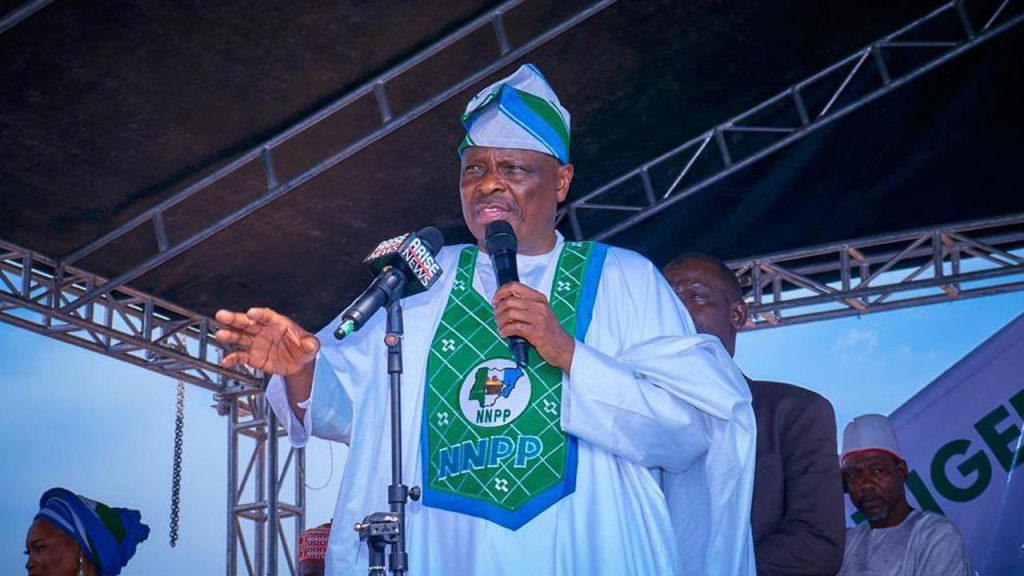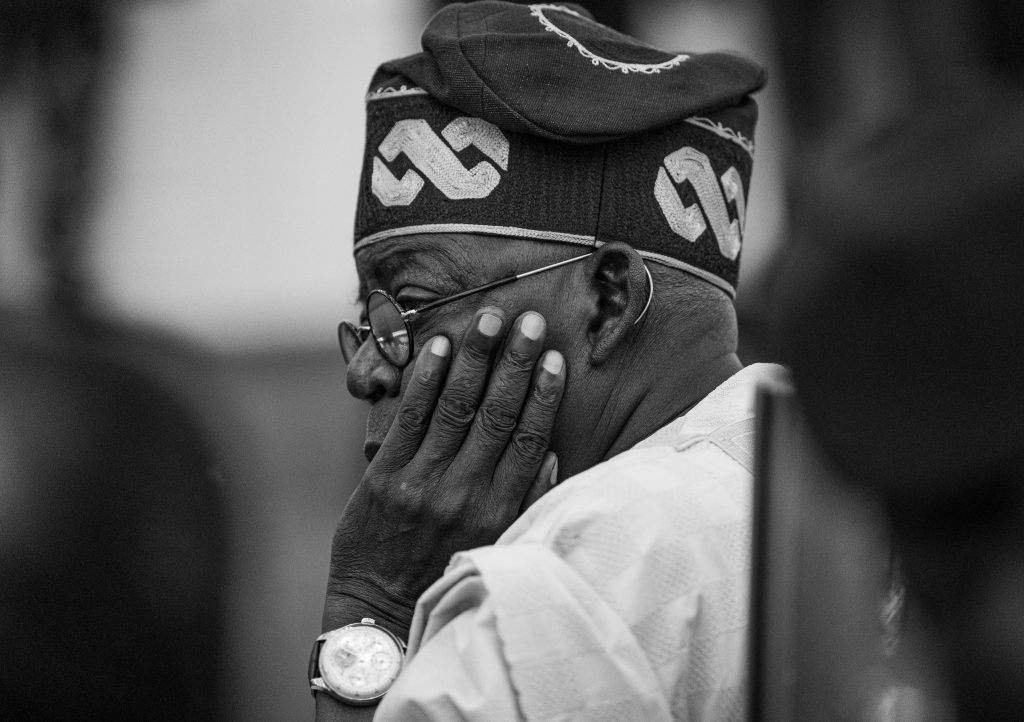
As Nigeria inches toward the 2027 presidential election, the opposition coalition — floated on the platform of the African Democratic Congress (ADC) — is quietly mapping a strategy that hinges on emerging cracks in the ruling party’s power base.
While two major defections may not have dramatically shifted the political map, subtle realignments and dissatisfactions within the APC, as well as northern political recalibrations, are redrawing the 2027 chessboard.
This report explores five key political fault lines that could significantly influence President Bola Tinubu’s chances of securing a second term.
Potential Implosion in APC
Internal rifts between legacy factions (ACN, CPC, nPDP) and growing discontent among governors and party elders over alleged lopsided appointments, centralised control and unpopular economic reforms could destabilise the ruling party’s machinery.

For instance, the alleged plan by the President to replace Vice President Kashim Shettima, followed by the shocking resignation of the former APC national chairman, Abdullahi Ganduje, has the potential to ruin the ruling party’s chances in 2027.
These issues could also prompt aggrieved party members to switch allegiance before 2027. For Senator Ali Ndume, who has been critical of President Tinubu’s government, a move to the ADC is a possibility.
“I’m aware of the opposition coalition. I went to several of their meetings. I still believe this President can fix these things, but failure might cause me to move. The overloaded ship will sink,” Ndume said in an interview on Arise Television.
The ADC is closely monitoring these issues, and if the APC fails to address the brewing internal crises, it could lead to further cracks and expose the party to irreparable damage in the upcoming elections.
The Kano/Kwankwaso Factor
The political structure in Kano is rigidly dominated by the former governor of the state, Rabiu Kwankwaso. His grip in the state and parts of the North-West remains firm.

Ganduje’s resignation initially strengthened the speculation that Kwankwaso’s defection to the APC was imminent. But with the launch of the ADC, the ex-governor seems to be observing how the pendulum would swing in the North before making his move.
Kwankwaso’s next political alliance is crucial to the survival of both the APC and the ADC. If the ex-governor aligns with opposition forces, his decision could change the game for the ruling party in Nigeria’s most vote-rich region.
Northern Sentiment and Power Rebalancing
Many northern elites feel that the current administration is shortchanging them. If this sentiment is not addressed, it could fuel a northern-led political alternative, potentially fragmenting Tinubu’s support base.
Already, the ADC has begun efforts to attract high-profile politicians from the region. While many northern politicians, who have been approached, have yet to defect formally, the coalition-backed party is reported to have taken over the PDP structure in Yobe, Gombe, and Adamawa states.
According to Zainab Galadima, an APC member and daughter of Kwankwaso’s ally, Buba Galadima, the prevailing sentiment in the North is largely against President Tinubu.
In an interview with Channels TV journalist, Seun Okinbaloye, Zainab said the APC needs to sit up because the sentiment in the North does not favour Tinubu’s re-election.
“Honestly, I don’t have good reviews (from northerners about Tinubu). It’s really bad. Tinubu may get, maybe, 30 percent or less,” she said.
“It’s going to be worse than the 2023 elections. The chances of Tinubu winning the 2027 election is going to be the toughest battle that he will ever see,” she added.
Pro-institution, Anti-people Perception
Tinubu’s administration has leaned into institution-building and fiscal tightening. But opposition leaders argue that these policies are disconnected from the people’s daily realities , fueling a perception of elitist governance.

Despite the reassurance that Nigeria is nearing the end of the tunnel, opposition leaders continue to accuse Tinubu of subjecting the people to insecurity and economic hardship. This narrative reinforces the sentiment that his government is more focused on reforms and less concerned about people’s plights.
Emerging Third-Force Coalition and ADC’s Calculated Bet
While the coalition’s adoption of the ADC is still in early the stages, it signals the seriousness of a coordinated third-force push. The opposition may be betting that fractured loyalty within the APC and voter fatigue could open the door for a surprise surge.

Already, the launch of the coalition has dissipated the apprehension that Nigeria was sliding into a one-party system.
However, whether the APC implodes or not, if opposition politicians capitalise on the euphoria and optics of the launch by presenting alternative policies and ideologies, the ADC could be the effective alternative party Nigerians have been yearning for.
Leave a Reply